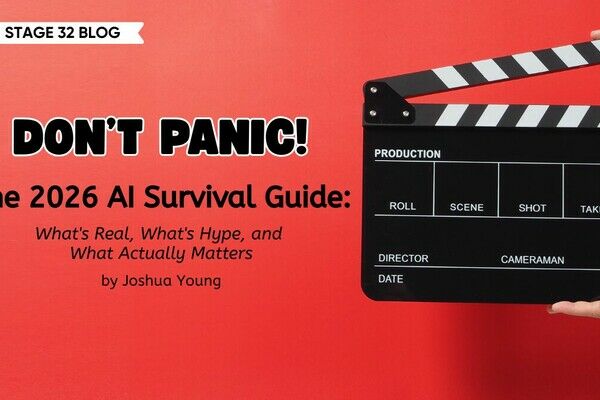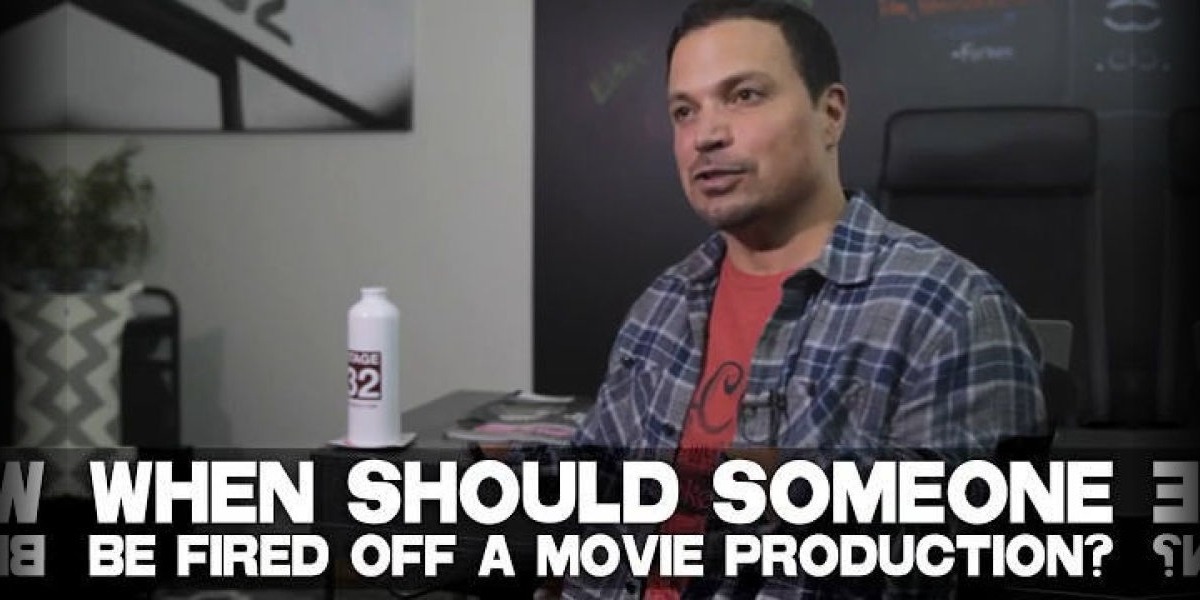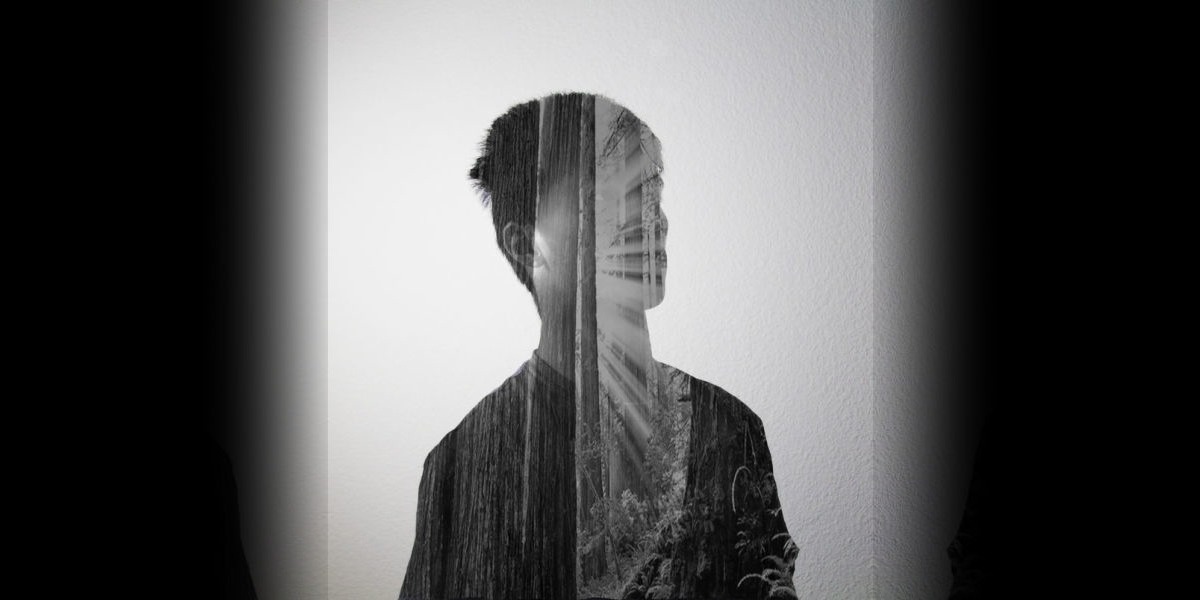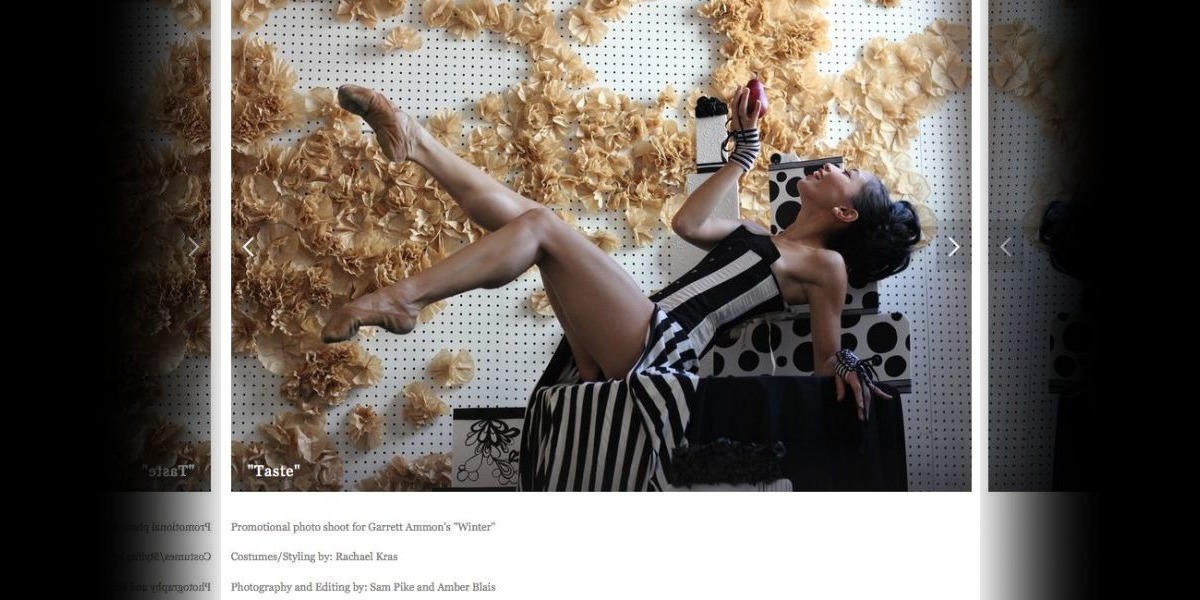I Simply Let My Work Speak For Itself
 Richard "RB" Botto
Richard "RB" Botto Stage 32 member and costume designer Rachael Kras is an artist with an extensive background in the professional performing arts. She’s worked on productions such as Les Miserables, Miss Saigon and Sweeny Todd (among others) all stemming from her incredible training and pedigree in….(double take)…computer network operations?
Huh?
Don’t back track. You read that right. Rachael has been the resident Costume Designer for Wonderbound (formerly known as Ballet Nouveau Colorado) since 2011. There she functions as a "one woman department" designing, building and maintaining performance costumes for the entire company of dancers.
Only years earlier Rachael spent late nights debugging computer equipment and working in IT project management – and that was her only formal training. Let Rachael serve as a source of inspiration to our Stage 32ers who may be considering a move out of your 9-5’s and into the unknown.
Simply let your work speak for itself.
Enjoy!
RB
I grew up in a family of starving artists. We were typical; painters, musicians, crafters, and stitchers – who also waited tables, re-shingled roofs, and worked at the local grocery store. Because the women in my family came from a time when sewing was considered an applicable life skill, I learned how to sew. The costumes of movies like Meet Me in St. Louis and Hello, Dolly captured my young imagination. My father was an actor and occasionally let me attend the rehearsals of productions like Hamlet and A Midsummer Night’s Dream. Sometimes, I'd sneak into a corner of the dressing room and observe the actresses doing their makeup before the show.

Then, adulthood came knocking. I was about to graduate high school when my parents gave me the pragmatic, anti-starving artist advice: "If you want college and a car, you have to get a job and pay for it. And for goodness sake, pick a job that makes money." So, I graduated school with the impression that my sewing skills had no practical purpose in the “real world.”
I went into technology right at the beginning of the dotcom bubble. The tech field was booming, and I am mechanically inclined, so that’s the industry I chose. My first job was technical support for dial-up customers. Remember dial up? Yeah. How time flies.
Over the years I completed technical apprenticeships, spent late nights debugging equipment, and climbed the ladder to Network Operations. I became expert in things like IT project management, running a web development team, installing networks and phone systems, and answering those “well, can’t you just...” questions. My sewing was set aside as a hobby.

Much like art, technology is a constantly growing and developing organism. Learning on your feet, assimilating information rapidly, and turn around solutions are the technologist’s bread and butter. During the dotcom bubble, young people were making millions in the tech arena and venture capital was falling out of trees. I was doing pretty well monetarily, but I wasn't happy in the industry anymore.
My whole perspective shifted when I went to Italy on my first real vacation ever. There was this defining moment when I stood on a portion of mosaic floor, admiring how beautiful it was. As my eyes followed the patterns and cuts in the stone, the tour guide's words wafted into my consciousness: "this floor dates back to 200 BC…" and in my reverie I remember thinking about that sheer span of time. I wondered at this art that had lasted throughout thousands of years. In that moment I considered my work desk back home and thought: "Wow, life is short. What am I doing?"

A week after returning home to America, I got a call from an actor friend of mine who was familiar with the costumes I designed and wore at parties. He called me in a flurry because he’d just been cast as the lead in a musical. He wanted me to talk to the president of the theater and get hired on as the costume designer for the show.
I told him, "I've designed and made costumes, but I've never done a whole show before."
He said: "It doesn't matter, you're gonna be great. And if you don't do it, they are going to get the usual person to do it and she's terrible and I want this to be a good show. Just get down here." (Just as an aside- the whole "this other person is terrible, we want you" is literally how I've gotten every single creative job.)
A few weeks later I was in the midst of my very first production, stressed, rushed and running through the craft store looking for special glue I needed before final dress rehearsal when I stopped in my tracks and thought; "Oh my God- I'm having a GREAT time. This is what I am supposed to be doing!" And with that, this whole "real job" idea began to crumble. I’d rediscovered what I really, really loved.
Fast forward a bit, I moved to Colorado and decided to leave my entire technical career behind and dive headfirst into the arts, full time, no holds barred. This is, to date, the scariest thing I’ve ever done.
I knew from my training in technology that professionalism is in the details, so I kept my eyes peeled and absorbed everything I could. I absolutely consumed books on costuming, read every costume blog and costume designer interview I could find. I watched any behind-the-scenes documentaries about movie costumes that I could find. I gleaned every little tidbit, idea, technique, and comment that I could. I used social media to connect with costume designers all over the world and get the inside scoop. I figured out who was crew on TV and movie sets and followed them on Twitter. If they wrote blogs – even better! I read those too. Of course now there's Stage32, so this is easier to do. ;)
One afternoon, I ran into a costume designer for one of the two large equity theaters in town at the fabric store. At the time she was desperate for decent stitchers and I was looking for opportunity. I brought samples of my sewing to an interview the next day and was hired on the spot. What I thought was the hard part (getting hired), ended up being the easy part.
I simply let my work speak for itself.

Let me tell you, jumping into the middle of a full-scale theatrical shop, mid costume build, which was running behind schedule, for a 40 person cast of Les Miserables isn't for the faint of heart. I was thrust into a new cultural and professional setting with only a passing understanding of how most things worked beyond the actual garment construction. I was instantly working 9 hour days, 6 days a week and building so many costumes that my fingers would crack and bleed. It was incredibly humbling and I just wanted to do a good job. It's like only speaking English and then getting dropped off in the middle of France during the Tour de France. I would secretly jot down little notes all day long to review in the evening. “What's Actor's Equity?” “What's a call-sheet?” “Is house left different from stage left?” (yes). My internal dialog pretty much went: “Don’t sound stupid. Don’t get fired.”
It's funny the things that you remember about moments when you were under extreme pressure. I was bone weary and nervous those first few weeks and the designer who hired me came around to check on me:
British Designer: "How is it going with you over here, darling?"
Me: "Oh, I'm good thank you. I just wish I had a little more sleep you know?"
British Designer: "Hmmm, yes.” (Starts walking away) “People in Hell also wish for ice water."
Me: "Yes, I... I guess they would ma'am." (I start sewing faster).
Welcome to a career in professional theater. Sink or swim. Make it work. Sewing and crafting is a very demonstrable skill with a very obvious result. There’s no monitor to sit behind all day and I was “new” so everyone was watching my work.
So there I was – furiously learning, self-conscious, and… happy. I was making costumes! I didn’t have a desk phone! I didn’t even have a company email… WOO HOO!

Seven Deadly Sins
When asked what my background was I said I was a "techie". Of course, it being theater, "techie" means something entirely different. I always got the follow up question of: “Oh? Lighting? Sound? Rigging?” My response would be some shuffled feet and an: “Um, well… computer networking and support… mostly.”
I can't tell you how many blinking round, blank eyeballs that response produced, rapidly followed by a head swing to my dress form and back to me with a “But… but you sew?”
I don’t have a degree in theater. I used to get really wrapped up and self conscious about not having any official, relevant 'paperwork' for what I was doing and calling myself. I was (and still am) constantly surrounded by illustrious degrees in theater like Masters in Technical Theater from Oxford, Masters in Costume Design from Yale, Bachelors in Fine Art from Point Park or Technical Costume from University of North Carolina. But, over the years I discovered that the attention to detail, work ethic, and project management skills that I learned as a “techie” are just as applicable to theater. I’ve built my own body of work. I have always strived to live up to my own production and quality standard and I have found my own footing, no degree necessary.
(Rachael is at the 3:10 mark)
The more I've grown in my career, the more I've heard about others like me. More often than not, the mechanically inclined are also artistically inclined. It isn’t as uncommon as I once assumed. I read articles about an accountant who quit to become an acrobat at Cirque. A prosecutor who is now a couture dress designer for children. A doctor who started a cookie company. After all, there is a large percentage of people you meet who have degrees in things they AREN'T doing (for whatever reason).
What really matters in the end is: if you want to be an artist, you have to DO it. And sometimes you have to get out of your own way and make your career happen.
10 years of professional theater work and dozens of productions later, I'll still opt for a "bad" week in theater over a single day with a desk phone and a crashed server.
Like this blog post? Please share it on social media (Facebook, Twitter, LinkedIn, email etc) by using social media buttons at the top of the blog. Or post to your personal blog and anywhere else you feel appropriate. Thank you.
As always, Rachael is available for remarks or questions in the Comments section below...
| When Should Someone Be Fired Off A Movie Production? |
| 5 Things To Get Ready for the Crucial Audition |
Search Stage 32 Blog
There are now 4060 blog posts for you to enjoy. Search them all by tags below.
Acting, Advice, Cinematography, Coffee & Content, Composing, Contests, Distribution, Featured, Filmmaking, Financing, Inspirational, Networking, Producing, Screenwriting, Success Stories, Tips, Trending,Relevant Tags
Recommended Articles

11 Tips For Bringing Your Animated Characters To Life

From Beats to Boards: A Systematic Way to Plan Your Screenplay

Insider Intel: 2025- Your Year of Breakthroughs (+ What's Coming in 2026)

Forbes Spotlights Stage 32 Certification!

Stage 32 Now Certifying El Paso, Texas!

Don't Panic! The 2026 AI Survival Guide: What's Real, What's Hype, and What Actually Matters

The Burdens Of Transmedia

Stage 32 Certification Featured In IndieWire!

Find Your Footing on Stage 32: Join Our December Community Open House






